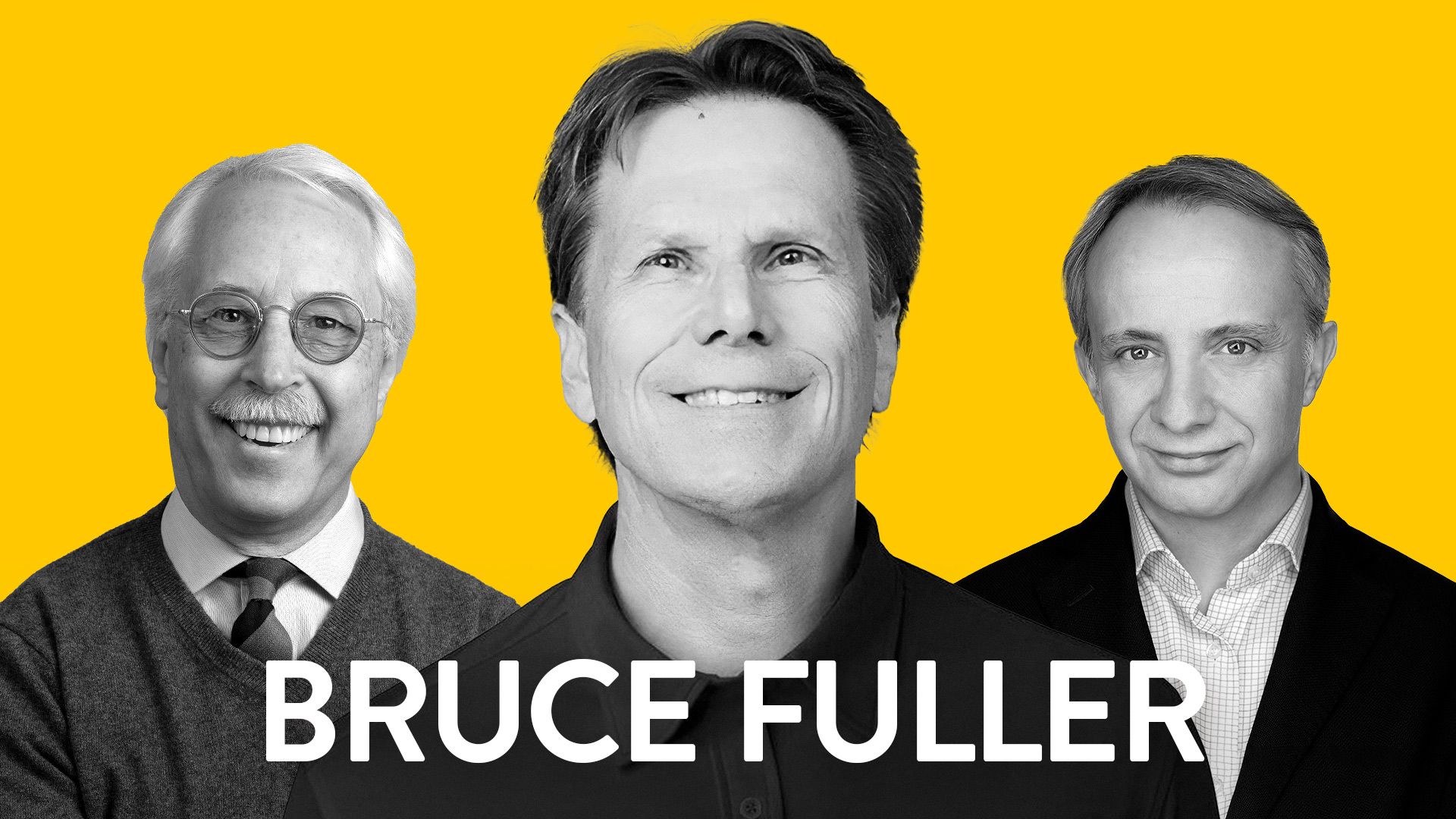Organizing Locally with Bruce Fuller (Ep. 11)
Organizations that push autonomy and discretion to their edges succeed by unleashing a torrent of initiative and ingenuity.

Gallup, the U.S. polling firm, conducts a long-running survey of the public's trust in institutions. One of the most interesting patterns from this time series is the large and persistent differential between local and national institutions. This gap exists for both business and government organizations:


This difference is striking, but shouldn't be too surprising. Locally-focused organizations are typically more responsive than their centralized, national counterparts. That's because they can rely on...
- Richer understanding of the context: Local organizations have a first-hand appreciation of the unique needs and issues of the local community, for the obvious reason that they are part of it. Some of that nuance is impossible to fully codify, and is therefore hard for central authorities to grasp.
- Personal relationships: Local organizations can build close relationships with their stakeholders. This "relational advantage" enables faster communication, decision-making, and action.
- Flexibility: Unconstrained by "one size fits all" directives promulgated by the center, they can respond with more tailored, and more effective, actions.
- Feedback Loop: Local organizations can more easily see the immediate impact of their actions, allowing them to make swift adjustments.
- Accountability: Because of advantages 1-4, there are far fewer excuses for underperformance. As Nassim Taleb, the author of Fooled By Randomness and The Black Swan once wrote, "it is easier to macrobullshit than to microbullshit."
It's no coincidence that many of the most resilient, innovative, and high-performing organizations I've researched over the years--Haier, Buurtzorg, Nucor, Handelsbanken, and many others--operate with disaggregated, decentralized structures. The question is, why are radically decentralized organizations still the exception to the norm? How do you push autonomy and discretion to the edge of the organization? And how do you spur traditionally centralized bureaucracies to embrace the power of localism?
These are some of the topics Gary and I discusses with Bruce Fuller, a sociologist at UC Berkeley at the author of a wonderful book, Organizing Locally,in this episode of the New Human Movement:
Hope you enjoy it... and if you do, please give it a "thumbs up" on Youtube, share your comments, and subscribe to the channel (you'll be notified of new episodes).
